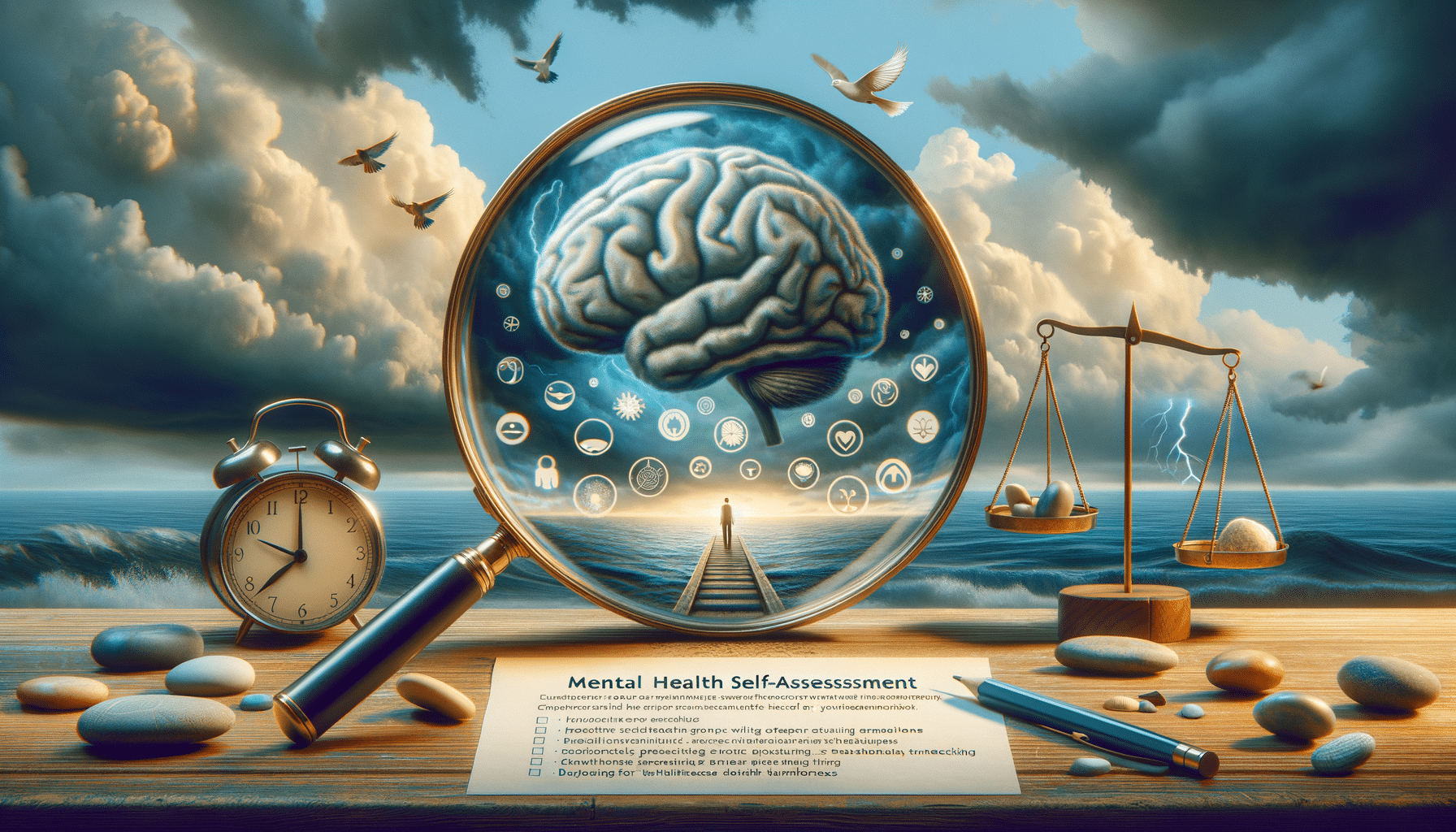
Discover Helpful Tools to Understand Your Emotions
Understanding Depression Tests
Depression is a complex mental health condition that affects millions worldwide. Understanding your emotional state can be challenging, but depression tests offer a structured way to assess your feelings. These tests are usually questionnaires that ask about your mood, sleep patterns, and daily activities. While they are not diagnostic tools, they provide a snapshot of your mental health, helping you decide if professional help is needed.
Many online platforms offer depression tests, providing a convenient way to gauge your emotional health. These tests often include questions about:
- Frequency of feeling down or hopeless
- Changes in appetite or sleep
- Difficulty concentrating
- Lack of interest in activities
By reflecting on these questions, you may gain insights into patterns that affect your daily life. It’s important to remember that while these tests can be enlightening, they should not replace professional advice. Instead, they serve as a preliminary step in understanding your mental state.
The Role of Anxiety Checks
Anxiety is another prevalent mental health issue that can significantly impact your life. Anxiety checks are self-assessment tools designed to help you recognize symptoms of anxiety. They typically explore aspects such as worry, restlessness, and physical symptoms like increased heart rate.
These checks often include questions like:
- How often do you feel nervous or on edge?
- Do you experience panic attacks?
- Are you easily fatigued?
- Do you have trouble sleeping due to racing thoughts?
By answering these questions, you can identify whether anxiety is affecting your life. Like depression tests, anxiety checks are not diagnostic but can be a useful first step in acknowledging your feelings. They can guide you toward seeking further evaluation or treatment if needed.
Mental Health Self-Assessment: A Comprehensive Approach
Mental health self-assessments combine elements of both depression tests and anxiety checks, offering a broader view of your emotional well-being. These assessments evaluate various aspects of mental health, including mood, stress levels, and coping mechanisms.
Self-assessments often include a range of questions about:
- Emotional stability
- Stress management
- Social interactions
- Overall life satisfaction
By taking a mental health self-assessment, you can gain a comprehensive understanding of your mental state. These tools encourage self-reflection and can highlight areas of concern that you might want to discuss with a mental health professional. They emphasize the importance of a holistic approach to mental health, considering various factors that contribute to your overall well-being.
Comparing Different Assessment Tools
When it comes to choosing the right tool for assessing your mental health, it’s essential to consider your specific needs. Depression tests, anxiety checks, and mental health self-assessments each offer unique insights, but they serve different purposes.
Depression tests focus on identifying symptoms of depression, while anxiety checks target anxiety-related issues. Mental health self-assessments provide a more comprehensive overview, taking into account a broader range of emotional and psychological factors.
Consider the following when choosing an assessment tool:
- Your current emotional state and primary concerns
- The specificity of the symptoms you’re experiencing
- Your goal in taking the assessment (e.g., self-awareness, seeking professional help)
Each tool has its strengths, and using them in combination can offer a well-rounded perspective on your mental health. Ultimately, these assessments are meant to guide you toward greater self-awareness and, if necessary, professional support.
Conclusion: Embracing Self-Awareness in Mental Health
Understanding your mental health is a journey that begins with self-awareness. Depression tests, anxiety checks, and mental health self-assessments are valuable tools that can help you navigate this journey. While they are not substitutes for professional diagnosis or treatment, they offer a starting point for exploring your emotional well-being.
By engaging with these tools, you can gain insights into your mental health, identify areas of concern, and take proactive steps toward improving your quality of life. Remember, seeking professional help is always a beneficial step if you’re experiencing significant distress or uncertainty about your mental health.
Embrace the opportunity to understand your emotions better and take the first step toward a healthier, more balanced life.

